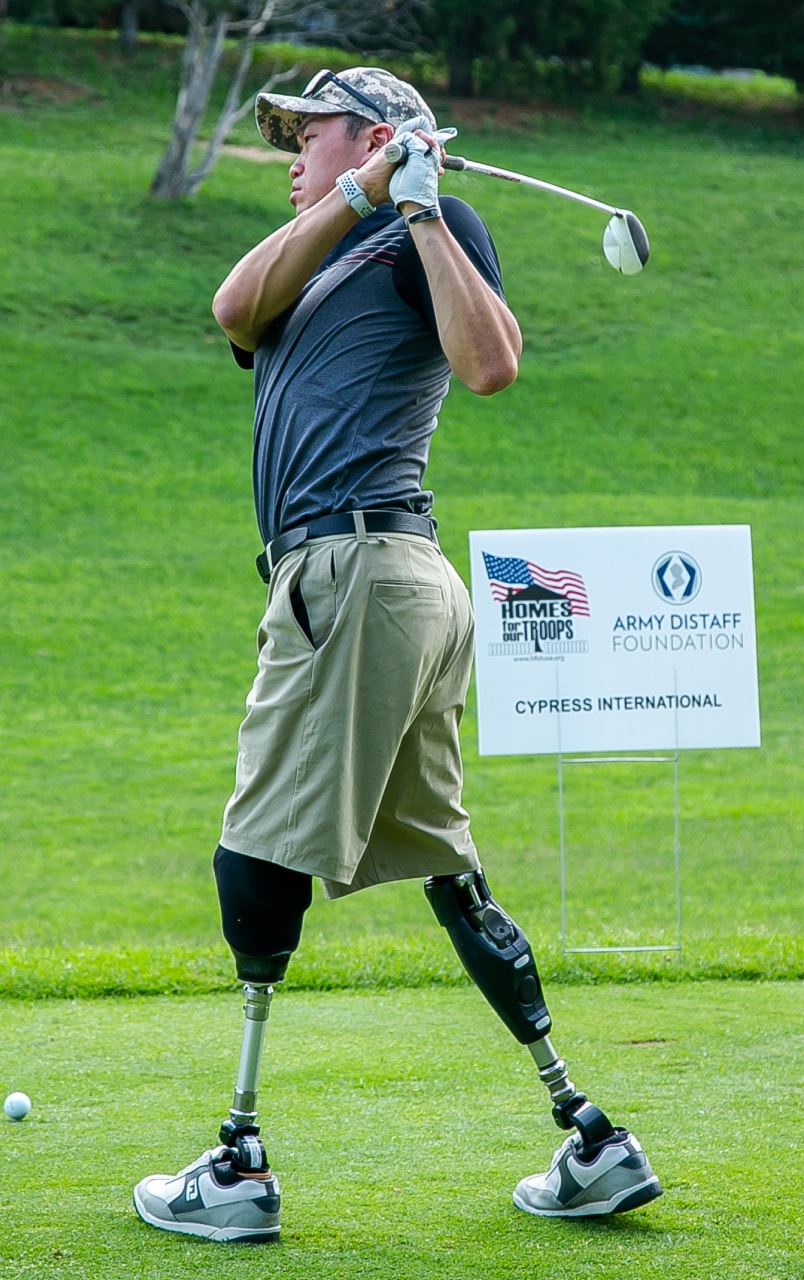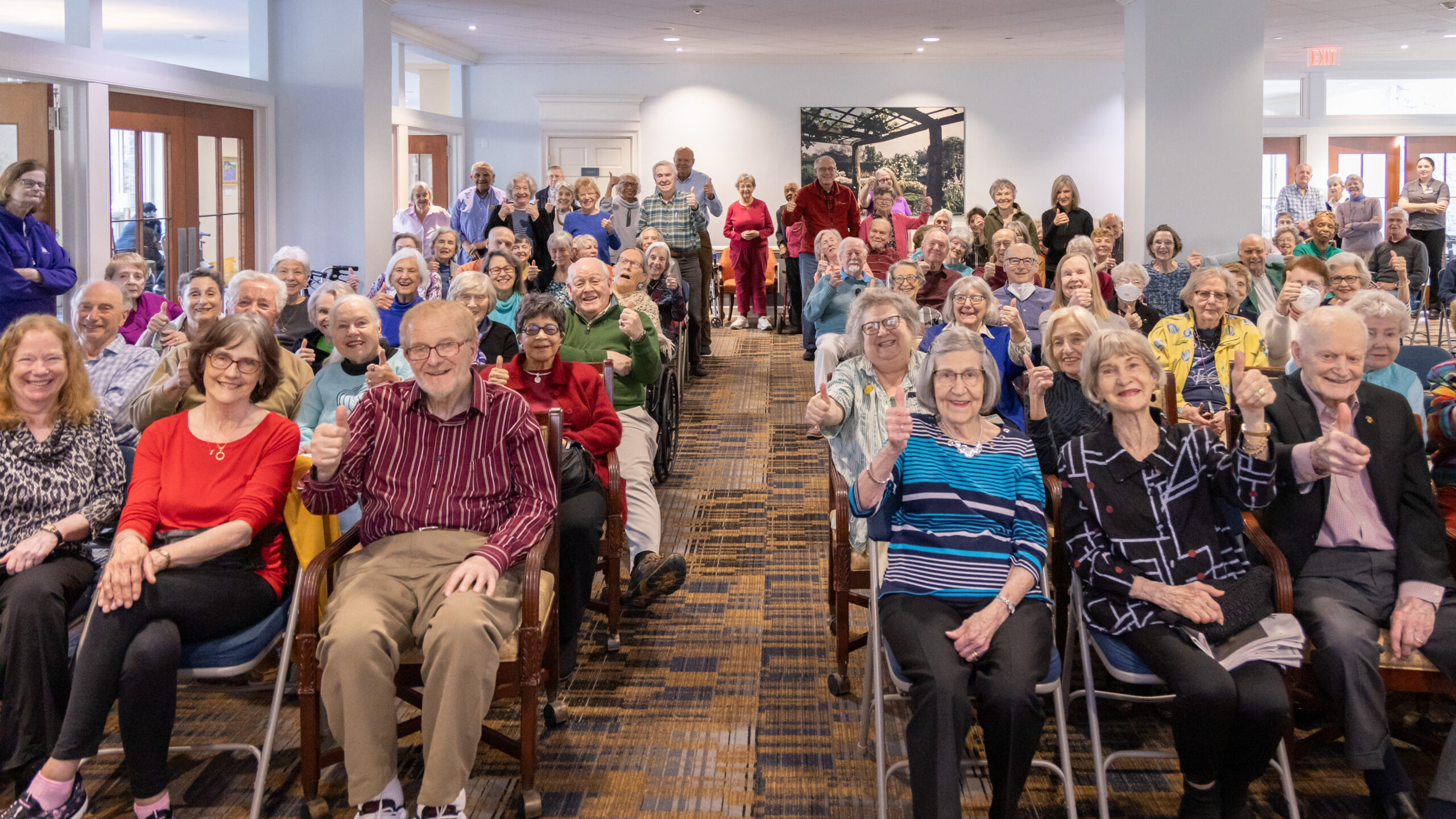0 events found.
Latest Past Events
Camaraderie Classic
The Camaraderie Classic Golf Tournament is an annual event held at the Army Navy Country Club in Arlington, Virginia that raises awareness and generates support for veterans in need of…
Annual Appeal
For over 60 years, ADF has worked tirelessly to serve retired service members and their families. By making a generous gift to the Annual Appeal, you help build a thriving…


